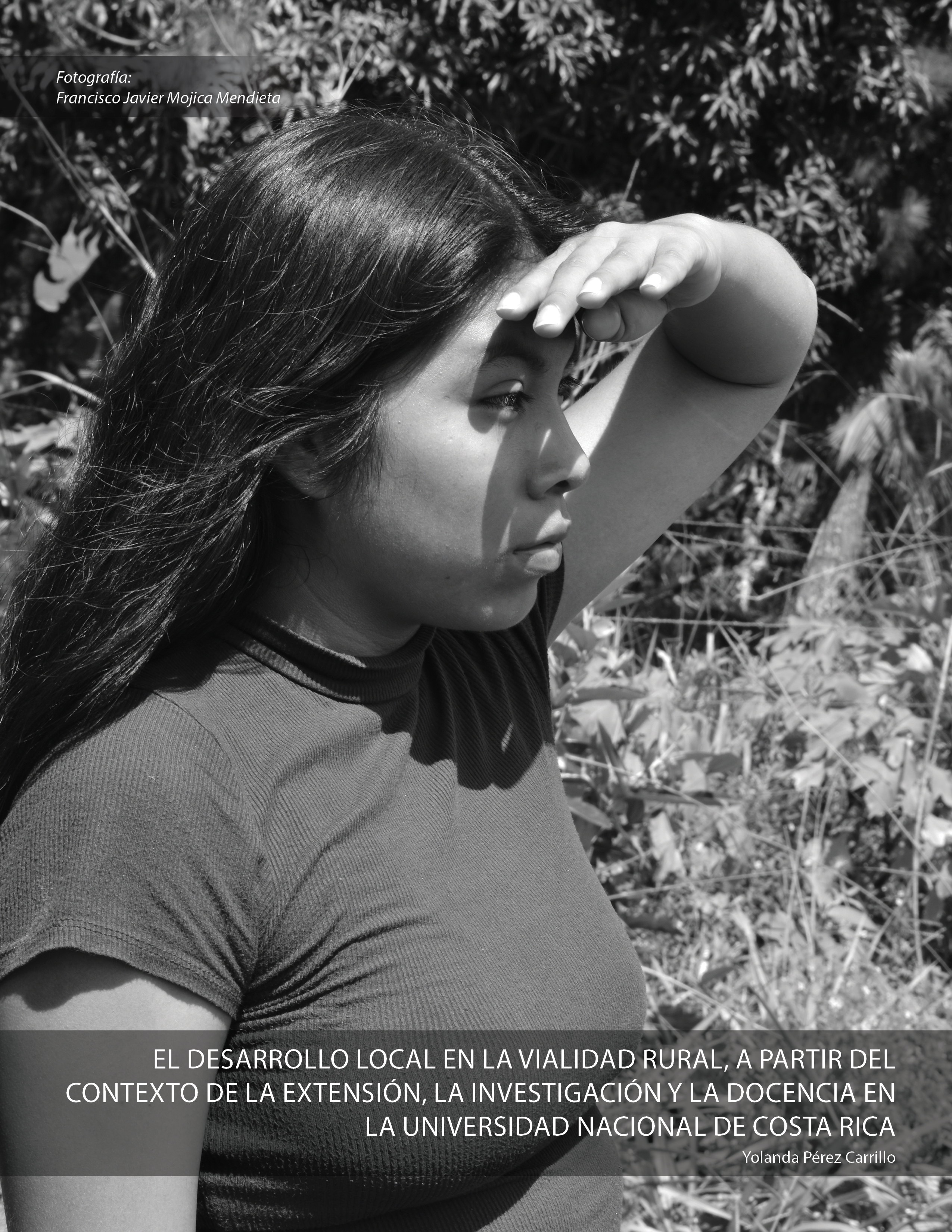Local development in rural roads in the context of extension, research and teaching at the National University of Costa Rica
Main Article Content
Abstract
This article draws on the research progress of the project on organizational strengthening for the improvement of road infrastructure in the district of Naranjo, in Alajuela, Costa Rica. Its main objective is to recognize whether in Costa Rica it is possible to speak of a road sociology, when relationships are established between various social actors through local development by means of extension, research and teaching at the university level. This within the framework of the road infrastructure in the district of Naranjo, Alajuela.
For this purpose, three specific objectives are proposed in response to the research problem: the first one points to the new relationships that arise around aroad, which allow optimizing institutional resources, and therefore a greater and better articulation of the social actors that contribute according to the provision and rules that regulate them.
The second objective takes up the relevance of local development as a space that, within the framework of road infrastructure, allows the actions carried out by the local government and local communities through community organizations, such as Integral Development Associations and road committees as bodies attached to the former, and which exist in each of the communities of the district to address the problems presented in the roads of their communities.
And, finally, it is explained how the sociology of roads can be used to understand the dynamics presented in the field of roads, as well as their interrelationships, in order to respond to a problem that involves the competence and responsibility of several parties concerned, both institutional and communal; allowing to make visible, beyond a technical look focused on specific works, putting the relevance in that the physical works developed in a locality are for the use of people, in such a way that allows their movement, as well as that of goods, in addition to facilitating access to health services, education, culture, among others.
Article Details

This work is licensed under a Creative Commons Attribution-NonCommercial-NoDerivatives 4.0 International License.

This work is licensed under a Creative Commons Attribution-NonCommercial-NoDerivs 3.0 Unported License.

